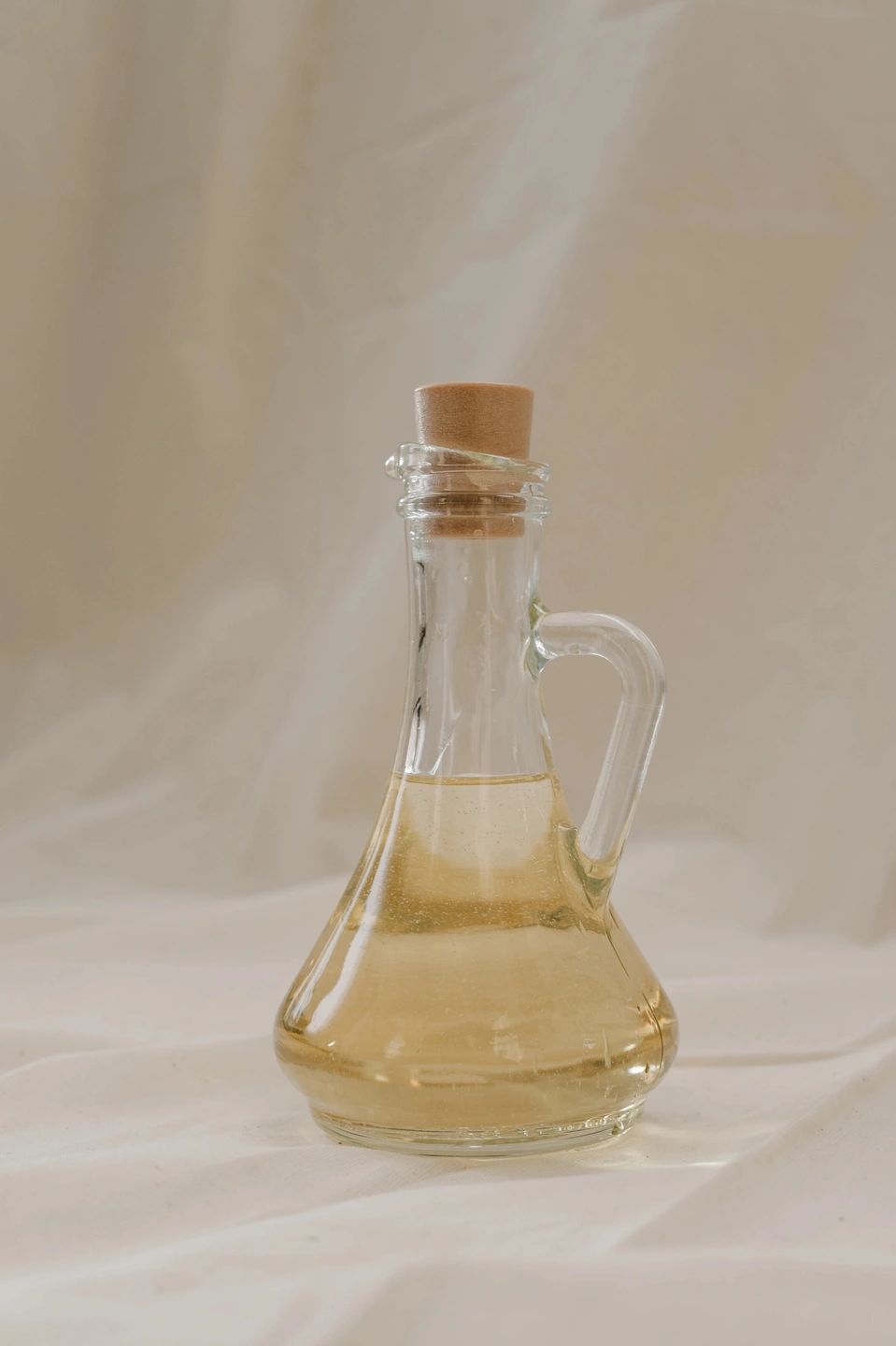How to Use Healthy Fats for a Healthier Heart: Choosing the Right Oils and Fats
In recent years, the conversation around fats has shifted from outright avoidance to understanding their crucial role in a balanced diet. While some fats can be harmful, others are essential for maintaining a healthy heart. This blog will guide you through the types of fats, how to choose the right oils and fats, and how to incorporate them into your diet for optimal heart health.
Understanding Fats: The Good vs. The Bad
1. Unsaturated Fats: The Heart-Healthy Option
- Monounsaturated Fats (MUFAs): Found in olive oil, avocados, and nuts, these fats help reduce bad cholesterol levels, lowering the risk of heart disease and stroke.
- Polyunsaturated Fats (PUFAs): These fats, including omega-3 and omega-6 fatty acids, are found in fish, flaxseeds, and walnuts. Omega-3s are particularly known for their heart-protective properties.
2. Saturated Fats: Moderation is Key
- Found in animal products like meat, butter, and cheese, as well as tropical oils like coconut oil.
- While these fats aren’t as harmful as once thought, they should be consumed in moderation as they can raise LDL cholesterol levels, contributing to heart disease.
3. Trans Fats: The Fats to Avoid
- Artificial trans fats are found in many processed foods, baked goods, and margarine. These fats not only raise bad cholesterol (LDL) but also lower good cholesterol (HDL), making them particularly dangerous for heart health.
Choosing the Right Oils and Fats for Heart Health
Selecting the right oils and fats is crucial for a heart-healthy diet. Here’s a guide to some of the best options:
1. Olive Oil
- Why It’s Good: Rich in monounsaturated fats, olive oil is a staple of the Mediterranean diet, known for its heart health benefits.
- How to Use It: Use olive oil for salad dressings, drizzling over cooked vegetables, or light sautéing. Extra virgin olive oil, in particular, retains the most antioxidants and nutrients.

2. Avocado Oil
- Why It’s Good: Like olive oil, avocado oil is rich in monounsaturated fats and is also high in vitamin E, which is beneficial for skin and heart health.
- How to Use It: Avocado oil has a high smoke point, making it ideal for frying, grilling, and roasting.
3. Flaxseed Oil
- Why It’s Good: Flaxseed oil is an excellent source of alpha-linolenic acid (ALA), a type of omega-3 fatty acid that supports heart health.
- How to Use It: Use flaxseed oil in salad dressings or drizzled over cold dishes, as it is sensitive to heat and should not be used for cooking.
4. Walnut Oil
- Why It’s Good: Walnut oil is another rich source of omega-3 fatty acids, promoting cardiovascular health and reducing inflammation.
- How to Use It: Like flaxseed oil, walnut oil is best used in cold dishes to preserve its delicate nutrients.
5. Coconut Oil: Use with Caution
- Why It’s Controversial: Coconut oil is high in saturated fats, which can raise LDL cholesterol. However, it also contains medium-chain triglycerides (MCTs), which are metabolized differently and may offer some health benefits.
- How to Use It: Use coconut oil sparingly, primarily for baking or occasional high-heat cooking.
Tips for Incorporating Healthy Fats into Your Diet
- Replace Butter with Olive Oil: For cooking and baking, consider using olive oil instead of butter to reduce saturated fat intake.
- Snack on Nuts and Seeds: Almonds, walnuts, and flaxseeds are excellent snacks that provide healthy fats.
- Add Avocado: Incorporate avocados into your salads, sandwiches, or smoothies for a creamy texture and a dose of monounsaturated fats.
- Choose Fatty Fish: Include fatty fish like salmon, mackerel, or sardines in your diet at least twice a week for their heart-protective omega-3s.
- Mind Your Portions: While healthy fats are beneficial, they are also calorie-dense. Be mindful of portion sizes to maintain a balanced diet.
Common Misconceptions About Fats
- Myth: All Fats Are Bad: Not all fats are created equal. Unsaturated fats are essential for health, while trans fats should be avoided.
- Myth: Low-Fat Diets Are Healthier: Diets that completely eliminate fats often replace them with unhealthy sugars and refined carbs, which can be detrimental to heart health.
- Myth: Coconut Oil is the Healthiest Oil: While coconut oil has gained popularity, it should be used in moderation due to its high saturated fat content.
Conclusion
Understanding the role of fats in your diet is essential for maintaining heart health. By choosing the right oils and fats—focusing on those rich in unsaturated fats and limiting saturated and trans fats—you can significantly reduce your risk of heart disease. Incorporating these healthy fats into your daily meals, while being mindful of portion sizes, can lead to a healthier, more balanced diet.
By making informed choices about the fats you consume, you’re not just feeding your body; you’re protecting your heart for the long term.
Call to Action
Ready to start incorporating healthier fats into your diet? Begin by making small changes, like swapping out butter for olive oil or adding more avocados to your meals. Your heart will thank you!
Frequently Asked Questions (FAQs)
1. What are the best oils for cooking at high temperatures?
Answer: Oils like avocado oil, peanut oil, and refined olive oil have high smoke points, making them suitable for high-temperature cooking like frying or grilling.
2. Can I use butter instead of oil for heart health?
Answer: Butter can be used in moderation, but it’s high in saturated fats. It’s generally better to opt for oils rich in unsaturated fats, such as olive or avocado oil, for heart health.
3. How much healthy fat should I consume daily?
Answer: The American Heart Association recommends that 25-35% of your daily calories come from fats, with the majority being unsaturated fats. This translates to about 44-78 grams of fat per day for someone consuming 2,000 calories daily.
4. Are there any heart-healthy fats that can help with weight loss?
Answer: Yes, incorporating moderate amounts of healthy fats like those from avocados, nuts, and olive oil can promote satiety, helping with weight management. However, portion control is key due to their high-calorie content.
5. Is coconut oil safe for heart health?
Answer: Coconut oil can be used sparingly. While it contains saturated fats, it also has medium-chain triglycerides (MCTs) that may offer some benefits. However, it’s best to focus on oils with unsaturated fats for overall heart health.

